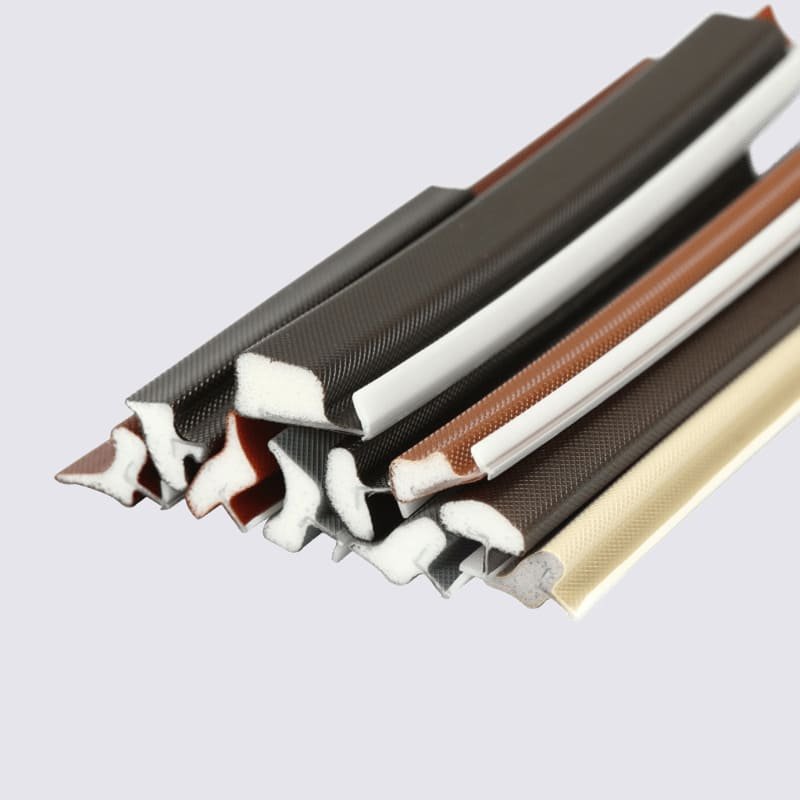Choosing between silicone hoses and rubber hoses can be a daunting task, especially when both have their unique advantages. Silicone hoses are known for their durability, ευκαμψία, and resistance to extreme temperatures, while rubber hoses are cost-effective, easy to install, and offer good chemical resistance. Σε αυτό το άρθρο, we’ll explore the differences between silicone hoses and rubber hoses and help you determine which one is right for your application.
Εισαγωγή
When it comes to selecting the right hose for your application, you have a lot of options to consider. Two of the most popular materials for hoses are silicone and rubber. While both have their pros and cons, they are not interchangeable. Σε αυτό το άρθρο, we’ll compare silicone hoses vs rubber hoses and help you decide which one is the best for your needs.
Σωλήνες σιλικόνης
Silicone hoses are made from a synthetic elastomer that is known for its excellent resistance to heat, κρύο, and UV radiation. Silicone hoses are also very flexible, which makes them ideal for applications where a high degree of flexibility in requir. Επιπροσθέτως, silicone hoses have a longer lifespan than rubber hoses, making them a preferred choice for high-performance applications.
Advantages of Silicone Hoses
Silicone hoses offer several advantages over rubber hoses. Πρώτα, they are more durable and resistant to extreme temperatures, which means they can withstand a wider range of temperatures without degrading. Secondly, silicone hoses are more flexible, which makes them easier to install and maneuver in tight spaces. Τελικά, silicone hoses are less likely to kink or collapse under pressure, making them ideal for high-performance applications.
Ελαστικοί σωλήνες
Rubber hoses are made from natural or synthetic rubber and are widely used in a variety of applications due to their cost-effectiveness and versatility. Rubber hoses are also resistant to abrasion and chemicals, making them an ideal choice for applications that involve the transfer of chemicals or abrasive materials.
Advantages of Rubber Hoses
Rubber hoses offer several advantages over silicone hoses. Πρώτα, they are less expensive, making them a more cost-effective application option. Secondly, rubber hoses are easier to install due to their high flexibility and are cut easily to fit any length. Τελικά, rubber hoses are highly resistant to chemicals and abrasion, making them ideal for applications that require the transfer of chemicals or abrasive materials.
Which One to Choose?
When it comes to choosing between silicone hoses vs rubber hoses, there is no one-size-fits-all solution. The choice of the hose material largely depends on the specific application. If you require a high-performance hose that can withstand extreme temperatures, then silicone hoses are the way to go. On the other hand, if cost is a concern and you need a hose that is easy to install, then rubber hoses are the better option.
Examples of Applications
To help you make the right decision, here are some examples of applications where silicone hoses vs rubber hoses applicating. Silicone hoses are ideal for applications such as turbocharger systems, high-performance engines, and industrial equipment that require high-temperature resistance. Ελαστικοί σωλήνες, on the other hand, are famous in applications such as air and water transfer, fuel transfer, και συστήματα HVAC.
συμπέρασμα
Συμπερασματικά, choosing between silicone and rubber hoses can be difficult, but it largely depends on the specific application. While silicone hoses offer superior temperature resistance and durability, they are more expensive than rubber hoses. Ελαστικοί σωλήνες, on the other hand, are more cost-effective and easier to install. Making them a better option for applications where high performance is not required. τελικά, the right choice depends on your specific needs and budget.

.jpeg)
.jpg)
-1024x536.jpg)


